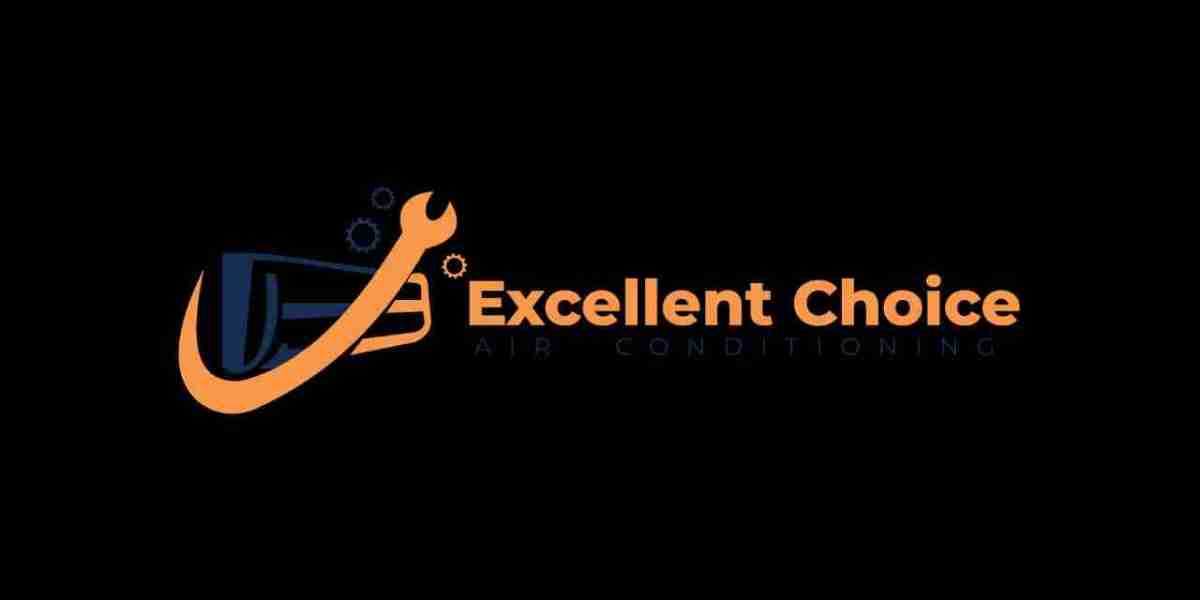Air conditioning (AC) systems are essential for maintaining comfort in homes and businesses, especially during hot summer months. However, like any mechanical system, your AC unit requires regular maintenance to function efficiently and reliably. Neglecting proper upkeep can lead to costly repairs, reduced performance, and even premature system failure. In this article, we’ll explore the importance of AC maintenance, the key tasks involved, and tips to ensure your system runs smoothly year-round.
Why AC Maintenance Matters
Enhanced Efficiency Regular maintenance ensures your AC operates at peak efficiency. Over time, dust, debris, and wear can cause your system to work harder to cool your space, leading to increased energy consumption and higher utility bills. A well-maintained unit, on the other hand, uses less energy, saving you money.
Prolonged Lifespan AC systems are a significant investment, and regular maintenance can extend their lifespan. By addressing minor issues before they escalate into major problems, you can avoid premature replacement and get the most out of your system.
Improved Air Quality A clean AC system contributes to better indoor air quality. Dust, mold, and other contaminants can accumulate in your system’s filters and ducts, potentially affecting your health. Regular maintenance ensures that these components are clean, providing fresher and healthier air.
Reduced Risk of Breakdowns Routine maintenance helps identify and address potential problems early, reducing the risk of unexpected breakdowns. This is especially critical during peak usage periods when service appointments may be harder to schedule.
Key Components of AC Maintenance
Filter Replacement Filters play a vital role in trapping dust and debris. Over time, they become clogged and restrict airflow, making your system work harder. Replacing or cleaning filters every 1-3 months, depending on usage, is a simple yet effective way to maintain efficiency.
Cleaning the Coils The evaporator and condenser coils in your AC system accumulate dirt over time, which can reduce their ability to absorb and release heat. Professional cleaning of these components ensures optimal heat exchange and energy efficiency.
Checking Refrigerant Levels Insufficient refrigerant can impair your AC’s ability to cool effectively and may indicate a leak. A professional technician can check and recharge refrigerant levels, ensuring your system operates as intended.
Inspecting Electrical Connections Loose or corroded electrical connections can cause your system to malfunction or pose safety risks. During maintenance, technicians inspect and tighten connections, reducing the likelihood of electrical issues.
Examining the Thermostat A properly functioning thermostat is essential for maintaining the desired indoor temperature. Technicians check the calibration and operation of your thermostat to ensure it accurately controls your AC system.
Clearing the Drain Line The condensate drain line removes moisture from your AC system. If it becomes clogged, it can lead to water damage and mold growth. Regularly clearing this line prevents such issues.
DIY Maintenance Tips
While some maintenance tasks require professional expertise, there are steps homeowners can take to keep their AC systems in good condition:
Regularly Clean Around the Outdoor Unit: Ensure the area around your outdoor condenser unit is free from debris, such as leaves, grass, and dirt. Maintain at least two feet of clearance around the unit for proper airflow.
Keep Vents Unobstructed: Ensure that indoor vents are not blocked by furniture, curtains, or other objects. Proper airflow helps your system cool effectively.
Monitor System Performance: Pay attention to unusual noises, weak airflow, or inconsistent cooling. Addressing these issues early can prevent larger problems.
When to Call a Professional
While DIY maintenance can handle some basic tasks, professional servicing is essential for thorough upkeep. Schedule a professional AC tune-up at least once a year, ideally before the cooling season begins. Professionals have the tools and expertise to:
Detect hidden issues, such as refrigerant leaks.
Perform in-depth cleaning of internal components.
Optimize system performance for energy efficiency.
Conclusion
AC maintenance is not just about avoiding costly repairs; it’s about ensuring comfort, energy efficiency, and system longevity. By investing in regular upkeep, you’ll enjoy a cooler, healthier indoor environment while saving money in the long run. Whether you’re performing DIY tasks or hiring a professional, prioritizing maintenance is the key to keeping your air conditioning system in top-notch condition. Don’t wait for a breakdown—take proactive steps today to maintain your AC and enjoy worry-free cooling all year round.






